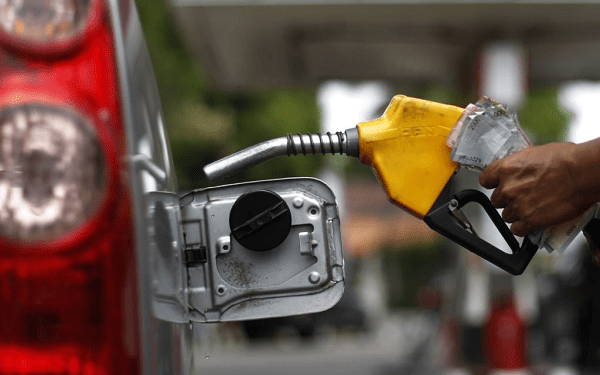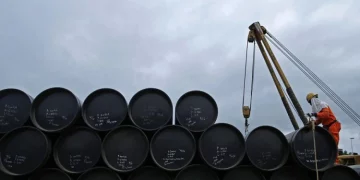OMCs reduce price of diesel, petrol by 2.2% and 6.5%
Oil Marketing Companies (OMCs) in Ghana have recently begun to reduce prices of petroleum products, providing a welcome relief for domestic consumers. The reductions come as diesel falls by 2.29% per litre, while petrol has gone down by about 6.56%, in line with a two-week review of prices of petroleum products. Industry players have attributed this reduction to the stability of the cedi and a fall in the price of the commodity on the world market.
The Institute for Energy Security (IES) has predicted that fuel prices will fall between 3% and 10% at the pumps, with the prices of all three key petroleum products – petrol, diesel and Liquefied Petroleum Gas (LPG) – expected to fall. The IES predicts that domestic fuel market prices are projected to fall between ¢12.60 for petrol, ¢13.40 for diesel and ¢14 per Kilogramme for LPG.
The global oil market has also seen some fluctuations in recent weeks, with the international crude oil benchmark Brent falling to about $83.87 from about $84.14 per barrel. This marginal drop in the average prices in the window under review may be attributed to the commodity trading at about $86 per barrel in the mid of the window but declining to as low as $79 per barrel at the start of Tuesday, March 14, 2023.
The recent reduction in fuel prices in Ghana may offer some respite to domestic consumers, as prices of petrol and diesel have dropped significantly. The IES monitoring of various OMCs for the pricing window under review found the national average price for petrol and diesel as ¢13.53 and ¢13.69. However, the national average price of LPG sold for ¢15.44 per kilogramme, indicating that this fuel source has not experienced the same reduction in price as petrol and diesel.
It is worth noting that the reduction in fuel prices is not only a welcome relief for domestic consumers but is also likely to impact the wider economy in Ghana. Fuel is a significant input cost for many businesses, and lower fuel prices may translate into cost savings and greater competitiveness for firms. Moreover, lower fuel prices may reduce the cost of transportation and support the broader objective of economic growth in Ghana.
The Ghanaian government may also benefit from the reduction in fuel prices. Lower fuel prices may reduce the cost of government operations, including transportation costs for public services such as healthcare and education. Additionally, lower fuel prices may support the government’s efforts to manage inflation and maintain economic stability.
The recent reduction in fuel prices in Ghana is a positive development for domestic consumers and the wider economy. The reduction is attributed to the stability of the cedi and a fall in the price of the commodity on the world market. It is predicted that fuel prices will continue to fall, which may provide some relief to businesses and the Ghanaian government. However, it remains to be seen how fuel prices will perform in the coming weeks and months and whether further reductions are likely.








